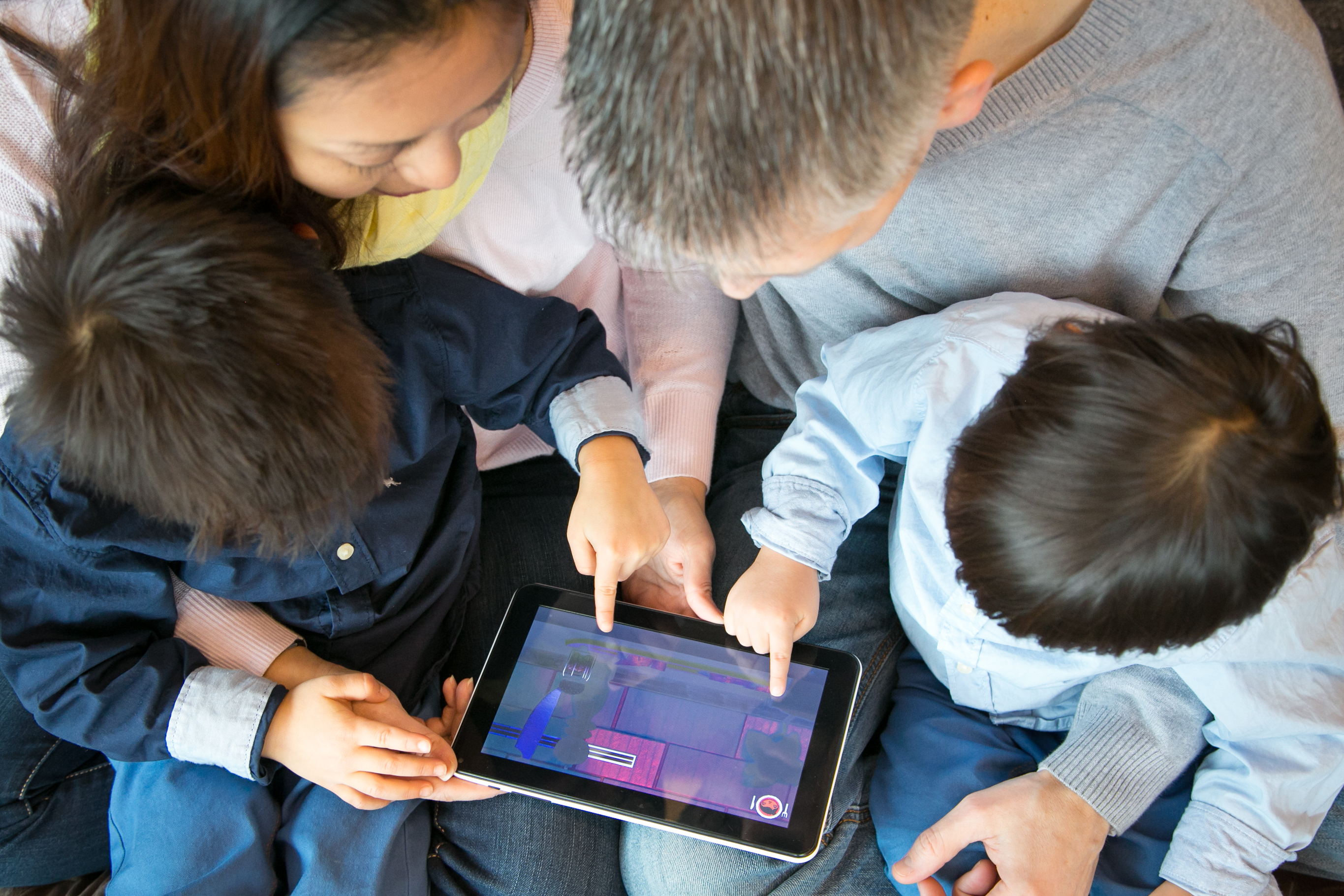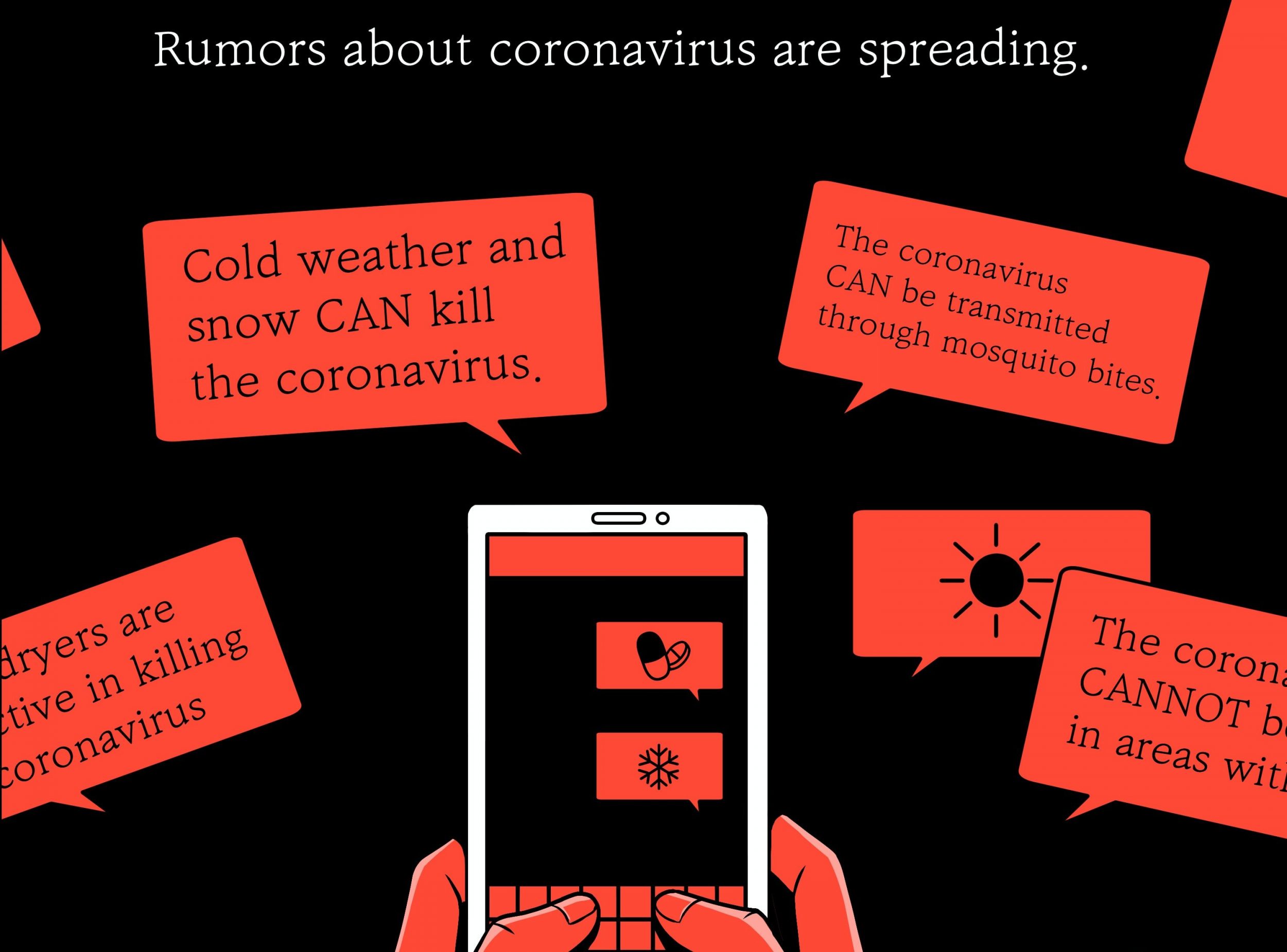 This week, UNESCO is hosting its WSIS+10 Review Meeting: Towards Knowledge Societies for Peace and Sustainable Development. LSE’s Robin Mansell, Professor of New Media and the Internet, has been invited to present her report, co-authored with Professor Gaëtan Tremblay, UQAM, entitled Renewing the Knowledge Societies Vision: Towards Knowledge Societies for Peace and Sustainable Development. In an interview with the Media Policy Project, Professor Mansell discusses some of the Report’s key recommendations for the WSIS Review process, calling for a vision of Knowledge Societies that more strongly emphasizes participation and empowerment in the media and communications sector.
This week, UNESCO is hosting its WSIS+10 Review Meeting: Towards Knowledge Societies for Peace and Sustainable Development. LSE’s Robin Mansell, Professor of New Media and the Internet, has been invited to present her report, co-authored with Professor Gaëtan Tremblay, UQAM, entitled Renewing the Knowledge Societies Vision: Towards Knowledge Societies for Peace and Sustainable Development. In an interview with the Media Policy Project, Professor Mansell discusses some of the Report’s key recommendations for the WSIS Review process, calling for a vision of Knowledge Societies that more strongly emphasizes participation and empowerment in the media and communications sector.
Q: UN Agencies have been involved in a process called the World Summit on Information Societies (WSIS) for over ten years now. Can you talk about the objectives of the WSIS Review Meeting as it relates to your field?
RM: Throughout the WSIS process, there has been a sense among some communities that media tends to be downplayed. This Review process can provide a way for issues like media plurality and cultural diversity to be given more attention going forward.
Specifically on the communications side, the Review is a chance to recognize that communications policy should not only be about giving people access to online social media. It’s also about how that access is enabled, and what that access can then provide. Thinking beyond just building infrastructure and software, and more about how people can effectively use these tools, is what is so crucial during the Review process.
Q: How did you get involved with WSIS, and what is your role at the Review Meeting?
RM: I’ve been a speaker on a whole variety of issues that are related to the WSIS Review, as an independent critical academic commentator. I’ve had a good relationship with UNESCO, and a lot of my research is in this area, so they invited me to produce this Report. Specifically, our role is not to provide a day-to-day road map of what UNESCO should do. It is to provoke a reconsideration of what Knowledge Societies are about. Gaëtan Tremblay and I co-authored a Report that emphasizes education and the empowerment of people. The Report sets out a vision of Knowledge Societies as being inclusive and more equitable, rather than exclusive and inequitable. My role at the meeting is to be a spokesperson on behalf of this Report and of its recommendations.
Q: The Report includes very compelling recommendations for policies involving the future of Knowledge Societies. What would you say are one or two of the most important priorities that should be emphasized?
RM: A key priority is to think of ‘access to information’ as being different from ‘access to knowledge’. You can have all the access to information that you’d like, but that doesn’t mean that people are empowered to learn from that information. ‘Access to knowledge’, however, touches on education, literacies, and the importance of the context in which people are accessing information.
Q: The Report highlights the importance of greater participation and the empowerment of individuals. Can you elaborate on how ‘informal learning’ environments come into play in achieving those goals?
RM: The Report emphasizes that learning involves much more than formal education, which is what development agencies tend to focus on. These agencies need to understand that learning takes place in a variety of on-and-offline settings, many of which are informal. Supporting informal processes, where people are enabled to learn how to do things in their own contexts, can be equally empowering.
Some bottom-up initiatives, like open data and crowd-sourcing, quite often have the potential to be highly participatory. But this is not automatic. Enabling people to gather information is important, but, at the same time, there must be focus placed on enabling people to retain ownership and control of that information. It should be accessible in a way that allows people to learn informally from it and to apply it to their local environments. In this way, people can more effectively take action to apply the new knowledge that they acquire through their learning and access to information.
Moving forward, if we can achieve a closer coupling between top-down goals of online information access and bottom-up information gathering initiatives, like ‘big data’ projects, then people may be empowered to more genuinely participate in their local communities.
UPDATE: Readers can view the WSIS +10 Final Statement: Information and Knowledge For All: An Expanded Vision and a Renewed Commitment, available on the UNESCO website.





